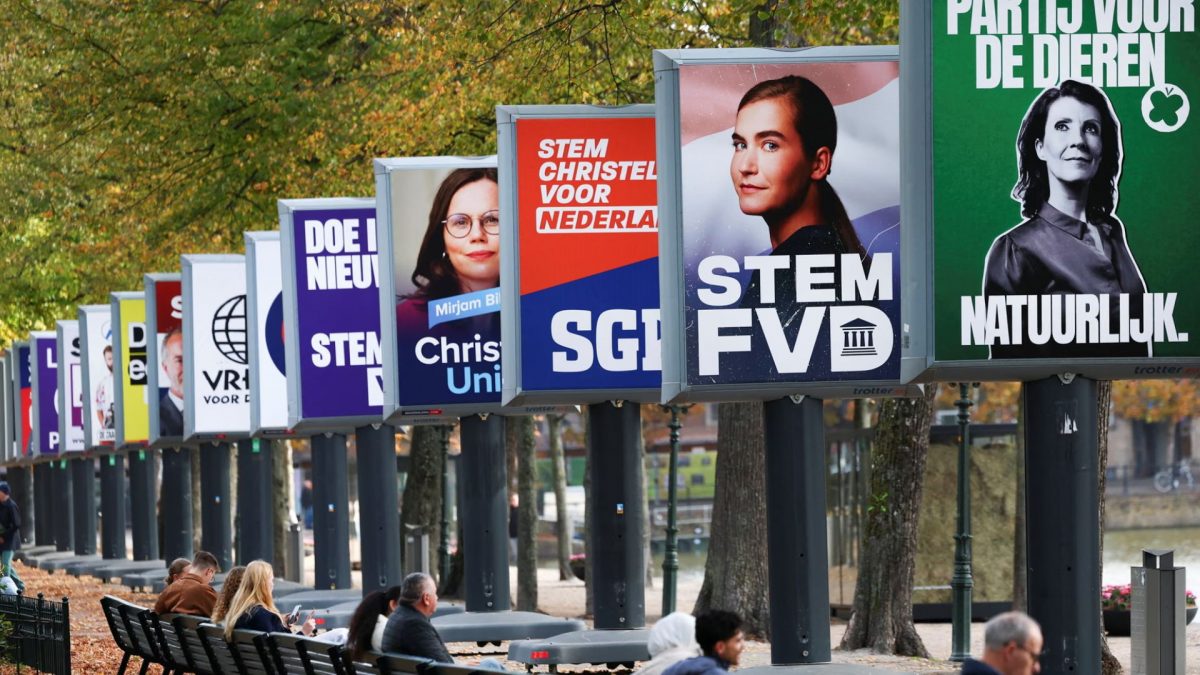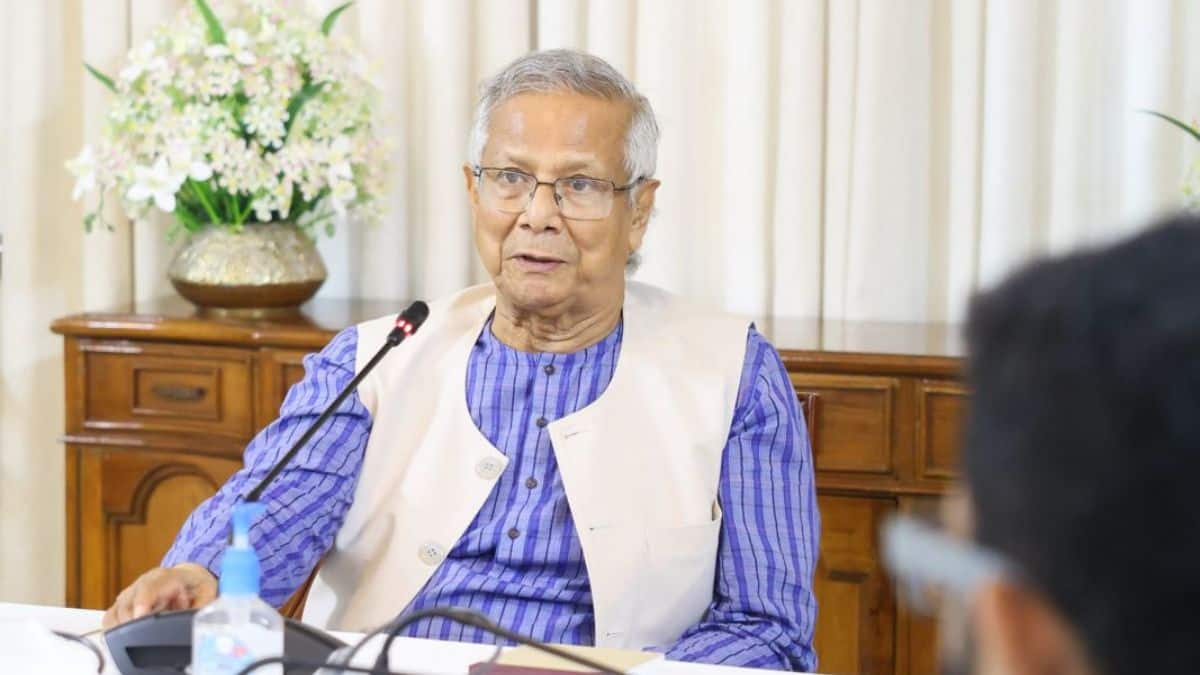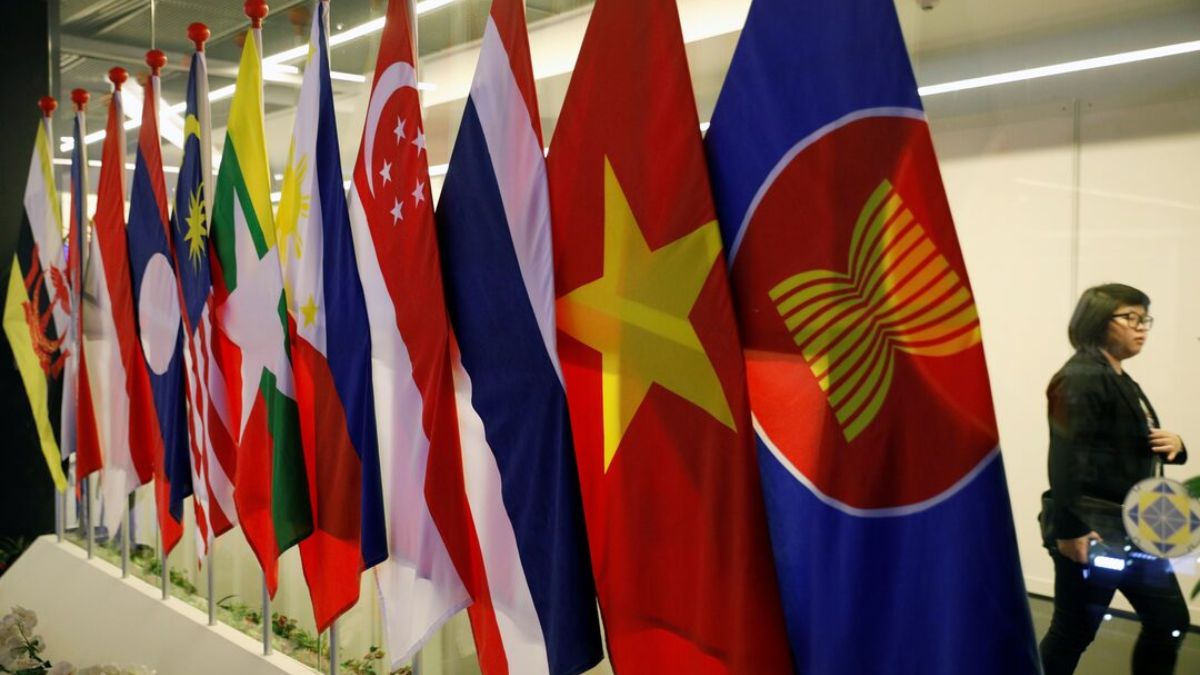The Netherlands is heading into a crucial general election, with the political debate overwhelmingly dominated by two intensely polarising issues: the nation’s ongoing housing crisis and the deeply contentious subject of migration.
As voters prepare to cast their ballots, all eyes are on the potential surge of the far-right, led by veteran politician Geert Wilders, who is seeking a significant victory or a powerful role in forming the next governing coalition.
Immigration has once again emerged as the defining issue of the campaign, serving as the primary catalyst for the early collapse of the previous government coalition.
Public frustration has mounted over the intake of asylum seekers and immigrants, straining public services and social cohesion.
Parties across the political spectrum are now battling to present the most credible plan for limiting new arrivals. Geert Wilders, leader of the anti-Islam Party for Freedom (PVV), is capitalising on this sentiment. His platform, which advocates for drastically stricter border controls and halting asylum procedures, has resonated strongly with a segment of the electorate demanding immediate action. Wilders’s strategy is centered on reclaiming what he terms “Dutch sovereignty” and promises a drastic reduction in net migration numbers.
Acute housing shortage
Parallel to the migration debate, the housing crisis is dominating the domestic agenda, especially among younger voters.
Years of inadequate construction and a rapidly growing population have led to acute shortages, making it virtually impossible for many first-time buyers and low-to-middle-income earners to find affordable homes.
The crisis is intricately linked to the immigration debate, with many parties arguing that a reduction in migration is necessary to ease the strain on the limited housing stock.
Competing parties are presenting ambitious, yet often conflicting, construction plans and rent control measures. The outcome of the election is expected to determine the scale and speed of government intervention in the private rental and housing market.
Impact Shorts
More ShortsWhile centrist and left-leaning parties are focused on forming a progressive bloc, the PVV’s strong performance in pre-election polls means that Wilders and his far-right agenda cannot be ignored. Analysts suggest that the election’s most likely outcome is a deeply fragmented parliament, making coalition formation complex and protracted.
Should Wilders secure the most votes, mainstream parties would face a stark choice: either rule him out entirely and attempt to construct a fragile, broad-based coalition, or grudgingly enter into negotiations that would fundamentally shift Dutch political policy on migration, potentially granting Wilders significant political leverage for years to come.
The results are expected to shape not just domestic policy, but the Netherlands’ future stance within the European Union.


)

)
)
)
)
)
)
)
)



